Ocrevus (Ocrelizumab): A Comprehensive Overview
Ocrevus (ocrelizumab) is a groundbreaking prescription medication used in the treatment of multiple sclerosis (MS). It is a disease-modifying therapy (DMT) designed to alter the course of the disease by suppressing the immune system’s abnormal response that leads to damage in the central nervous system. Since its approval, Ocrevus has played a significant role in the management of MS, offering new hope to patients by effectively targeting both relapsing forms and primary progressive forms of the disease.
Here is a comprehensive description of Ocrevus, exploring its mechanism of action, indications, dosing, effectiveness, side effects, precautions, and more:
1. Drug Class and Mechanism of Action: Ocrevus is classified as a monoclonal antibody, specifically an anti-CD20 antibody. Its primary mechanism of action is to selectively target and deplete B cells in the immune system, including both mature B cells and B-cell precursors. B cells are believed to play a role in the autoimmune response seen in multiple sclerosis.
2. Indications: Ocrevus is indicated for the treatment of two distinct forms of multiple sclerosis:
- Relapsing Forms of MS (RMS): Ocrevus is approved for adults with relapsing forms of MS, including relapsing-remitting MS (RRMS) and active secondary progressive MS (SPMS) with relapses. It is intended for patients who have experienced an inadequate response to other MS therapies.
- Primary Progressive MS (PPMS): Ocrevus is also approved for the treatment of adults with primary progressive MS (PPMS). This form of MS is characterized by a steady progression of disability without periods of remission and has historically been challenging to treat.
3. Dosage and Administration: Ocrevus is administered via intravenous (IV) infusion. For RMS, it is typically administered as two separate infusions, given two weeks apart. For PPMS, it is administered as two separate infusions, given two weeks apart, and then followed by additional infusions every six months. The precise dosing schedule and duration of treatment will be determined by your healthcare provider.
4. Effectiveness: Ocrevus has demonstrated significant efficacy in reducing the annualized relapse rate in patients with relapsing forms of MS, leading to a decreased frequency of relapses. In primary progressive MS, it has been shown to slow down disability progression compared to a placebo. While Ocrevus may not be a cure for MS, it offers patients the potential for a more manageable course of the disease and improved quality of life.
5. Side Effects: Common side effects of Ocrevus can include infusion-related reactions, upper respiratory tract infections, and skin reactions at the injection site. Some patients may also experience a decreased white blood cell count, which can increase the risk of infections. Additionally, Ocrevus may increase the risk of certain malignancies and should be used with caution in individuals with a history of cancer.
6. Precautions and Monitoring: Before starting Ocrevus, your healthcare provider will perform a thorough evaluation, including blood tests, to assess your suitability for the medication. Patients should inform their healthcare provider of any underlying health conditions, current medications, or allergies. Regular monitoring of blood cell counts and other safety parameters is essential during treatment to detect and manage potential side effects.
7. Special Populations: Ocrevus is not recommended for use during pregnancy or breastfeeding, as its effects on the developing fetus and infant are not well-studied. Women of childbearing age should discuss family planning and contraception options with their healthcare provider before starting treatment.
8. Cost and Insurance Coverage: As a prescription medication, the cost of Ocrevus can vary depending on your location and insurance coverage. It is important to check with your insurance provider and explore available financial assistance programs to help manage the cost.
9. Duration of Treatment: The duration of Ocrevus treatment can vary depending on the form of MS being treated and the individual patient’s response to therapy. Treatment may be ongoing, and the need for continued infusions will be determined by your healthcare provider.
10. Conclusion: Ocrevus (ocrelizumab) represents a significant advancement in the treatment of multiple sclerosis, offering hope and improved outcomes for patients with both relapsing and primary progressive forms of the disease. Its ability to selectively target and deplete B cells in the immune system has shown promise in reducing relapses, slowing disability progression, and improving the overall quality of life for many individuals with MS. However, its use should be closely monitored by a healthcare provider due to potential side effects, and its suitability should be thoroughly discussed with your physician to determine the best treatment approach for your individual needs.

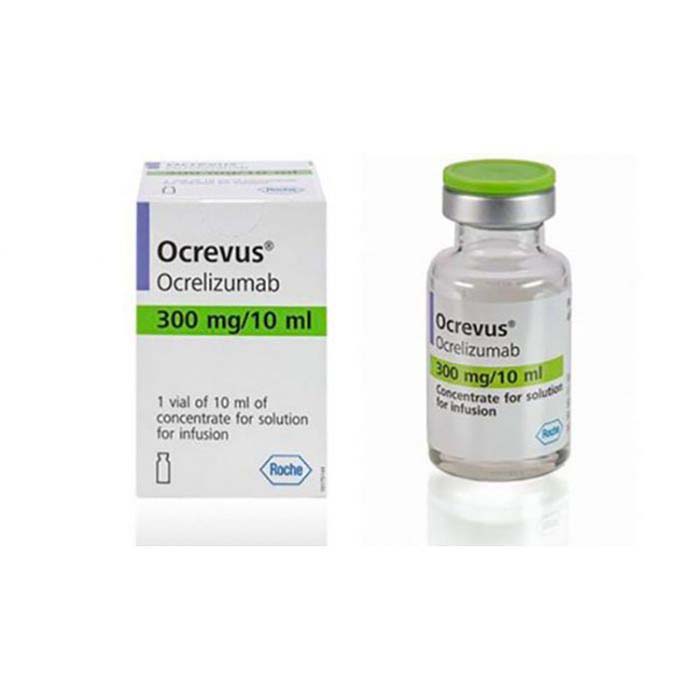

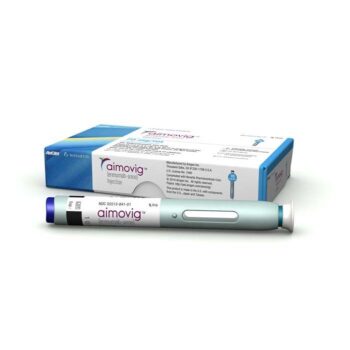
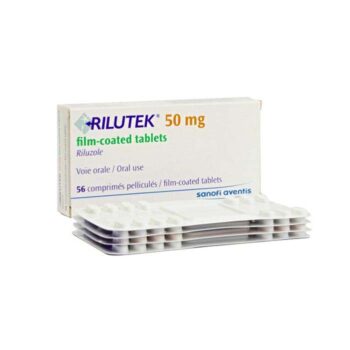
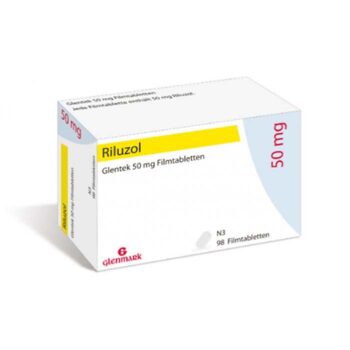
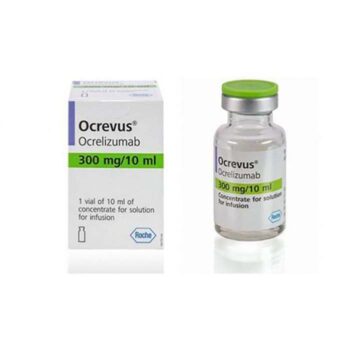

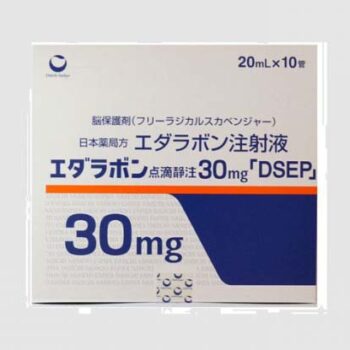


Reviews
There are no reviews yet.